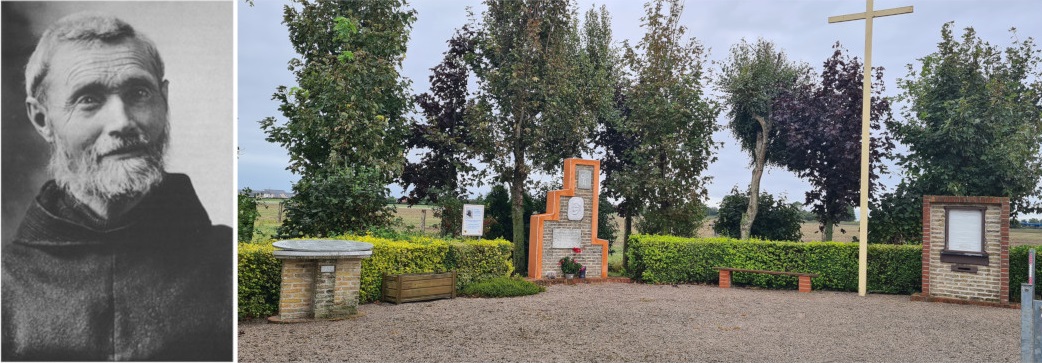A PLACE OF MEMORY AND REMEMBRANCE
They suffered during this war of '39/45 under German occupation for five years. Some lost their lives, others were taken prisoner or deported. Buildings were ravaged or destroyed by 90% during the bombings, with most seeking refuge in cellars and septic tanks. The land was devastated and deliberately flooded with saltwater (most of it below sea level, like in Holland). Trees and timber were cut down to make Rommel stakes on the beaches.
The suffering population lacked everything, and rationing was strict.
In the Dunkirk region, there was also the largest concentration of thousands of German soldiers in France, who replenished their supplies at the expense of a people in absolute misery, often starving due to the food taken by the occupiers.
Liberation
Our Allies were already in Berlin while Flanders, particularly the Dunkirk/Ghyvelde region, was still under German occupation in September after the Armistice of May 8, 1945.
We have a duty of remembrance to honor our liberators, notably the Canadian and Quebec soldiers who came at the peril of their lives, many of whom lost theirs for our freedom in this dreadful and destructive war. Lives and families were sacrificed.
That is why we plan to erect a memorial on the homeland of Good Father Frédéric's family farm in Ghyvelde, a tall tower to commemorate and honor all those Canadians who died for our freedom. Their names would be inscribed in a spiral of steps on a height overlooking this flat country and the sea a few kilometers away.
A museum of memories could also complement this project in connection with others, thus offering visitors, tourists, and pilgrims a guided or self-guided tour under the auspices of the Tourist Offices of the Hauts-de-France region, Dunkirk, and the French and Belgian Flanders.
"I will carry in my heart all those who will remember."


